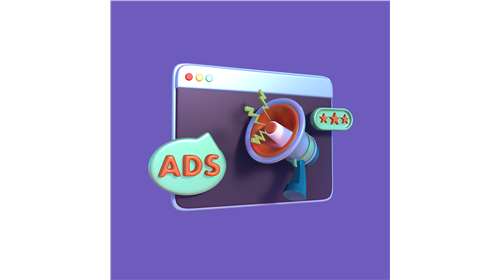
Duplicate Content and its impact ✽
By: Pradeeban Subbarayan

Duplicate content and its impact
When there is identical or extremely similar content on many pages, it is called a duplicate. Observe the following:
- Duplicate content gives your readers little to no value and confuses search engines.
- Duplicate material might hurt your SEO performance, so avoid having it.
- Technical errors and manually copied content can result in duplicate content.
What Is Duplicate Content?
Why does duplicate content matter?
What makes Duplicate Content a bad idea?
Is Duplicate Content bad for SEO?
How to fix Duplicate Content?
What Is Duplicate Content?
When interpreted strictly, Duplicate material refers to content that appears on several pages of your website and on websites that are not your own.
In a broad sense, duplicate content is any material that offers your visitors insignificant to no value. Pages with slight or no body content are therefore also regarded as having duplicate content.
Why does duplicate content matter?
Although they overlap, plagiarism and duplicate content have distinct definitions. The legal word for intellectual property theft is plagiarism. You risk facing both legal and civil repercussions if you publish someone else's work without their consent. This is why there are several programs available to check for plagiarism.
Wilfully, duplicate material is an SEO problem rather than a legal one. Google's algorithm does impact your site's ability to rank, but it cannot fine or imprison you. Google rewards information that it deems to be authoritative and useful. Your content is more likely to meet these requirements if it is more original.
What makes Duplicate Content a bad idea?
Google is confused with duplicate material; therefore, it must decide which of the similar pages to place in the top results. There is a high probability that the original page won't show up in the top search results, regardless of who wrote the content.
Always keep in mind that giving your website visitors value should be your top priority when it comes to content. You will fare better than your rivals if you remain committed to this and keep learning about the fundamentals of SEO.
Is Duplicate Content bad for SEO?
Google will pick which page is the original version and discard the others when it finds two or more ages to be duplicated, which results in fewer pages being indexed and fewer prospects for ranking.
Additionally, Google can choose an unattractive URL chock full of parameters and filters for its index, forcing you to compete with a page that isn't fully optimized.
Some online businesses are concerned that having duplicate material violates Google's policies and that having duplicate content would result in their website being punished.
There is nothing to fear in reality. Google, for instance, is upfront about the fact that it won't harm your search ranking.
In places like e-Commerce product listings, prewritten posts for discussion forums, or a printer-friendly version of a website, duplicate material might be used with good intentions. Such content duplication, structural issues, and an excess of boilerplate language have no real influence on SEO.
Duplicate content can also hurt your backlink profile, especially if your website produces a lot of it. Multiple users using your content as a resource may link to multiple different pages to refer to the same information because "the same" content is housed on various URLs. As a result, you may end up splitting backlinks among several pages rather than having them all pointing to one page and gaining authority.
How to fix Duplicate Content?
Duplicate content is okay but you must handle content duplication correctly if you want it to have no detrimental effects on your SEO. Otherwise, your website visitors can receive less value.
- 1. 301 redirects
Background: It's more complicated than it seems. These two web URLs can be classified as duplicates because they are different from one another.
To fix this, choose one URL as the primary one for each page on your site, then use 301 redirects to drive all other URLs to that one. Note that your page's status will change to "Moved Permanently" once you apply a 301 redirect.
- 2. Canonical tags
Search engines should interpret all duplicate pages as copies when they see the Rel="canonical" tag on replicated pages. The canonical property effectively acknowledges a certain URL and indicates that the original page should receive all metrics and ranking power.
- 3. Meta Robots Noindex
Add the meta-tag "noindex, follow" to all alternative pages if Google has problems indexing duplicate pages. Search engine crawlers will be informed that certain pages should be crawled but not indexed as a result of this. The search engine should still be able to crawl these pages, but they should be aware that you don't want them to be indexed.
Conclusion:
You cannot just produce thin or duplicate content and expect it to rank at the top of Google's SERPs in today's competitive online environment. You must provide excellent, captivating, and distinctive content that readers will want to read and share. While copying competitors who might be performing well can be alluring, you must assess the risk vs. return. As an alternative, start by determining the searcher's goal for a topic, utilize that as the foundation for the homepage, and then develop content around the data that may be useful to the searcher.



